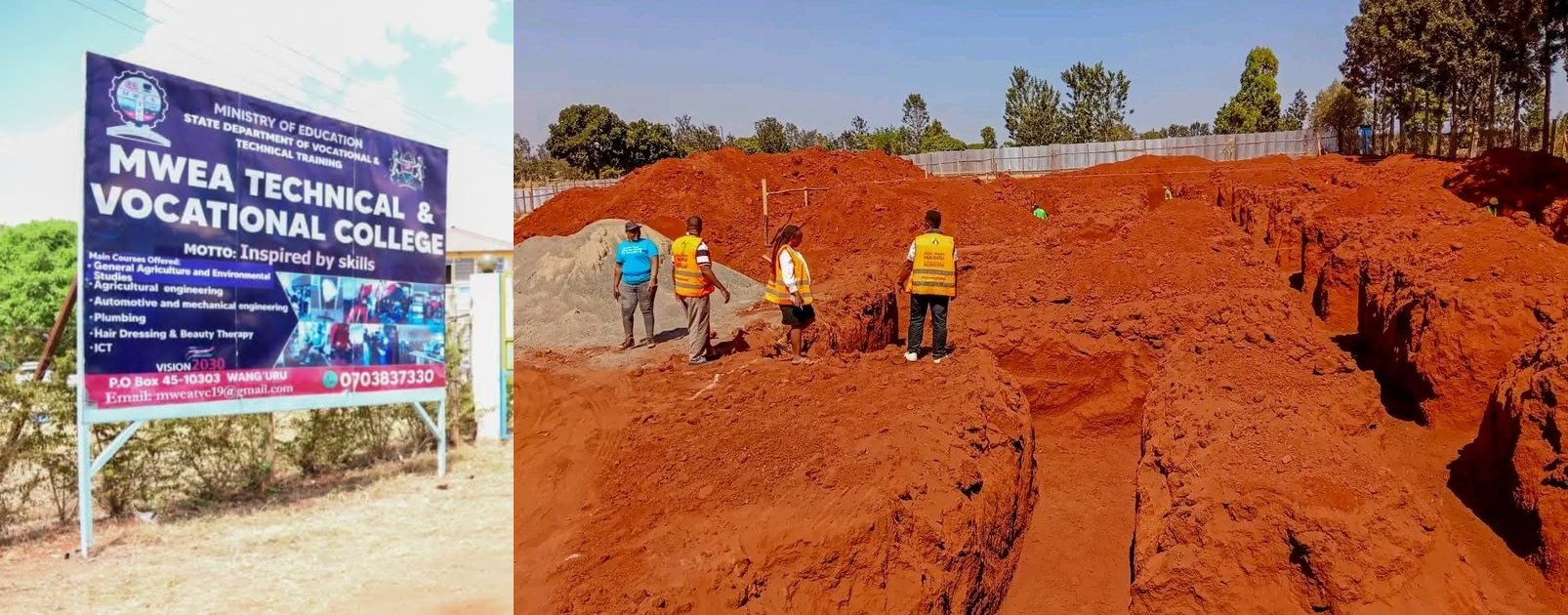The State Department for Technical, Vocational Education and Training (TVET) at the Ministry of Education has intensified the roll-out of the Dual Training System (DTS) in the TVET curriculum to address the unemployment and skill gap among the youth.
The module allows for learning to take place alternately in two venues – the training centre and place of work.
Education Cabinet Secretary (CS) Ezekiel Machogu stated that the adoption of the system was in line with the Competency-Based Education and Training (CBET) module for TVET institutions that is anchored on practical and industrial exposure.
In a speech read on his behalf by TVET Principal Secretary (PS) Dr Esther Muoria during the launch of Kisumu National Polytechnic Strategic Plan (2023-2027) on Wednesday, Machogu noted that the new system provides an effective way to incorporate practical knowledge from industries with theories taught in the classroom.
“This shift will focus on training learners for specific industries depending on the labour demand. The firms will tell us the skills that they need which will inform our decision to admit students for a particular course with an idea of the companies they will work for upon graduating,” Machogu stated.
At the same time, PS Muoria said the move will enable trainees to acquire work ethics and learn the culture of the company in the process of learning the needed skills as in the partnership between the companies, institutions and the government. Learners will be spending 70 per cent at a company and only 30 pe rcent at a vocational centre and subsequently get absorbed into the firms upon graduation.
“Companies tell us the skills they want to be trained for at TVET centers. Hence, 70% of the coursework for the trainees are based in these industries, offering them an opportunity to also learn the company’s culture. This produces all-rounded graduates who can easily fit in the job market,” the PS said.
Muoria added that the government is seeking to also dual with other foreign countries like; Germany, Indonesia and Canada to enable graduates from Kisumu National Polytechnic to work in either countries.
By Vostine Ratemo
Get more stories from our website: Education News
You can also follow our social media pages on Twitter: Education News KE and Facebook: Education News Newspaper for timely updates.






